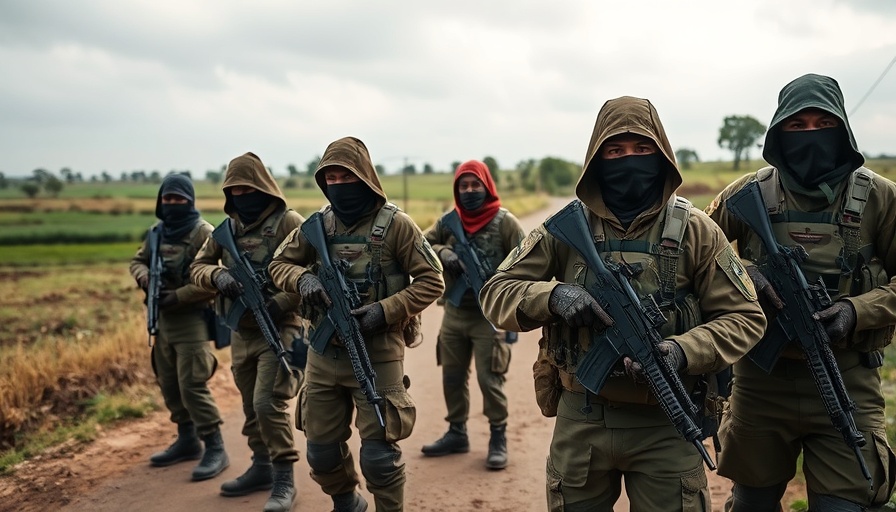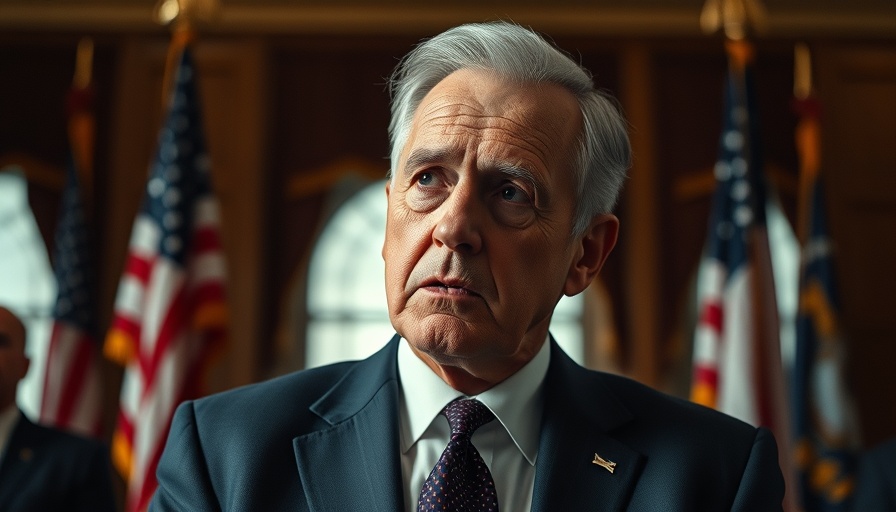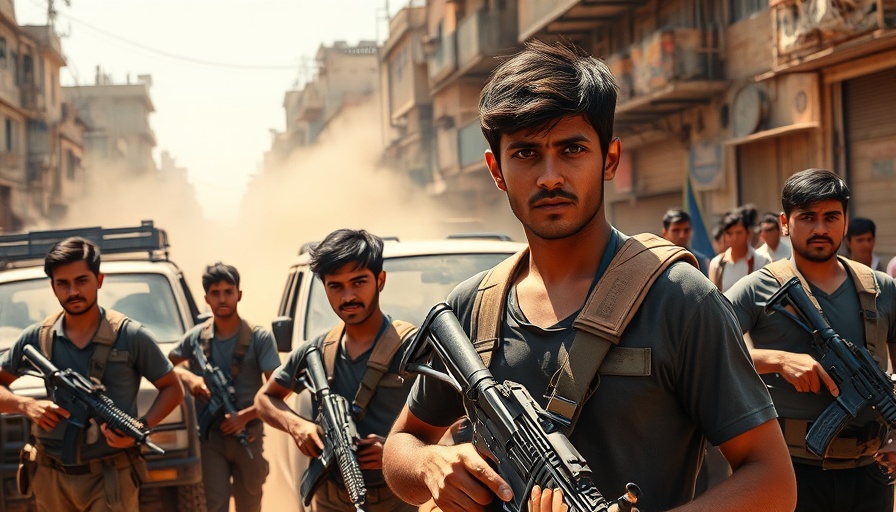
The Grim Implications of the Church Attack
The recent attack on the Commander Catholic Church in the Democratic Republic of Congo, which left over 40 worshippers dead, is not merely a statistic; it represents a significant escalation in violence attributed to Islamic State-linked rebels in the region. The attack highlights the growing instability in eastern Congo, where governmental control has weakened, and extremist groups have proliferated. This tragic incident serves as a painful reminder of the dangers faced by ordinary citizens in conflict zones.
In the video titled Islamic State claims responsibility for the Sunday Church attack in DRC, the recent wave of violence is explored, prompting us to analyze its broader implications for security and community resilience.
Repercussions of the Attack: An Unrest Signal
City authorities have reported a mass exodus from affected areas, specifically Basula Umoa and Ganyama, exacerbating the humanitarian crisis. More than half of the residents have fled due to fears of further attacks. In times of upheaval, such migration not only places additional pressure on neighboring areas but also signifies a community in distress, with severe ramifications for the local economy and social fabric.
The Government's Response: Strained and Uncertain
In the wake of the attack, the combined forces of the Forces Armées de la République Démocratique du Congo (FRDC) and the Uganda People's Defence Force (UPDF) have ramped up their military presence in the region, attempting to reassure those who remain. However, critics question this military strategy's efficacy. History has shown that military force alone cannot quell the roots of extremist violence, and sustainable peace in Congo will require comprehensive approaches that address underlying grievances and foster dialogue.
This attack marks a crucial moment for both the government and the international community. As the DRC grapples with security issues, the focus should shift from reactionary measures to proactive strategies that prioritize accountability and reform. If there is any hope of restoring peace, civil society must be involved in discussions and imaginative efforts must be made to dismantle extremist narratives.
Though the video titled Islamic State claims responsibility for the Sunday Church attack in DRC captures a harrowing reality, it raises compelling questions about governance, security, and community resilience amidst chaos. How we answer these questions will determine not only the fate of the DRC but also the stability of the wider region.
 Add Row
Add Row  Add
Add 




Write A Comment